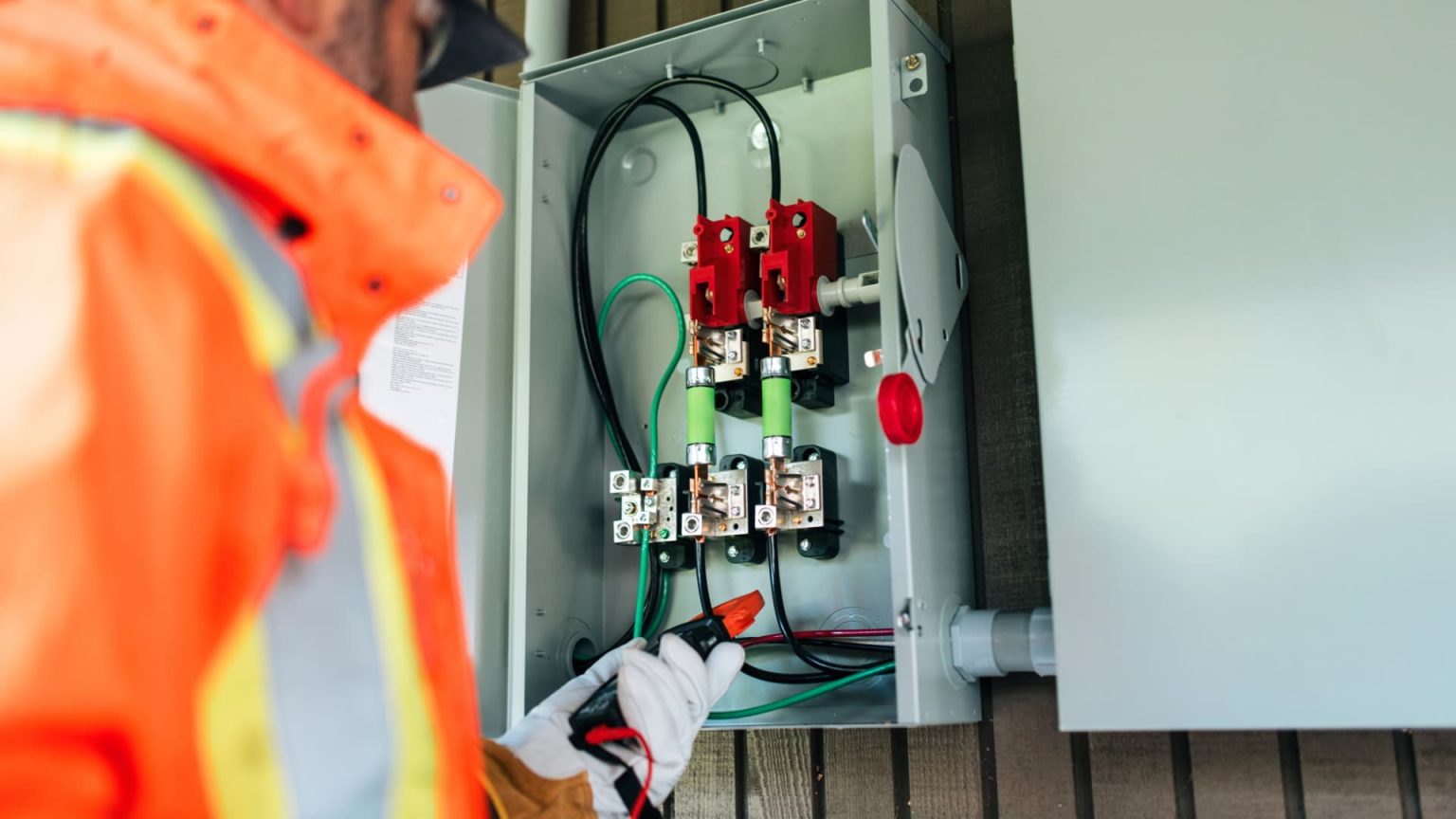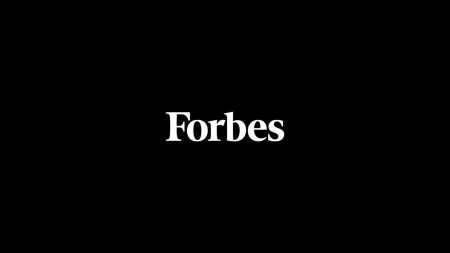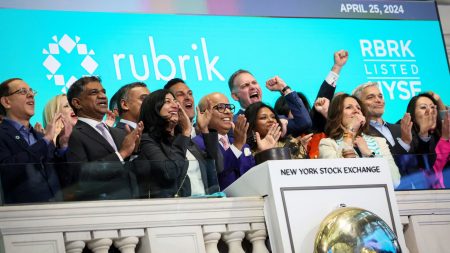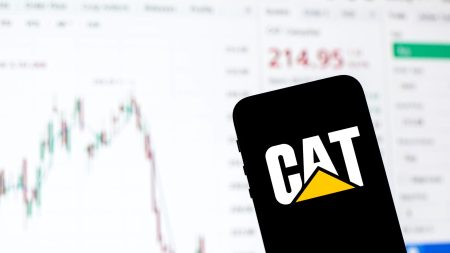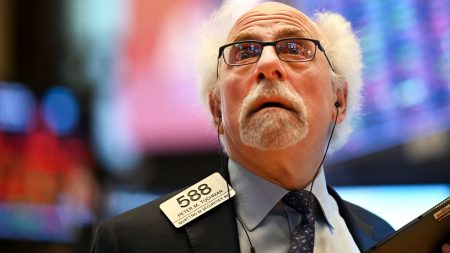The Inflation Reduction Act has allocated $8.8 billion for Home Energy Rebates programs through states, territories, and tribes. The U.S. Department of Energy has approved the first application for New York, awarding it $158 million initially, with hopes of launching the program by early summer. The rebates, worth up to $14,000 per household, aim to offset costs for efficiency upgrades like electric heat pumps and Energy Star-rated appliances, with a focus on low and middle-income households. The DOE expects these programs to save households $1 billion annually in energy costs due to increased efficiency. Other states like California, Texas, and Florida are also expected to launch similar programs soon.
The Inflation Reduction Act, signed into law by President Biden, earmarked $369 billion for policies to fight climate change, with $8.8 billion allocated to rebates programs. The two main programs are the Home Efficiency Rebates program and the Home Electrification and Appliance Rebates program. New York’s application was approved for the latter, which focuses on specific technologies and services like electric heat pumps and insulation. Other states like Georgia, Oregon, Indiana, and New Mexico have applied for both programs, with hopes for nationwide coverage in the future.
The Home Electrification and Appliance Rebates program pays consumers for purchasing specific technologies, such as ENERGY STAR appliances, with incentives ranging from $840 to $14,000. It is available to low- and moderate-income households below 150% of an area’s median income. Renters can also benefit from this program by communicating with their landlords regarding upgrades. The Home Efficiency Rebates program, on the other hand, rewards households based on energy savings achieved through efficiency upgrades, with larger rebates for greater energy reductions. This program is available to all households, with the potential for increased rebates for low earners.
Consumers cannot double-dip by using rebates from both programs simultaneously. However, they may be able to combine these rebates with other existing programs offered by states and local utilities. The rebates are meant to be delivered at the point of sale, either as an upfront discount or a rebate off the project cost. State-specific details and approved contractor lists will be available for consumers interested in accessing these rebates. States must notify the Energy Department of their participation by August 16, 2024, with applications due by January 31, 2025.
Overall, the Home Energy Rebates programs aim to reduce household energy use, lower greenhouse gas emissions, and save consumers money on energy costs. With significant funding allocated to these programs under the Inflation Reduction Act, many states are in the process of launching their own programs to provide rebates for efficiency upgrades. Consumers are encouraged to explore these rebates as a way to make their homes more energy-efficient and reduce their carbon footprint.





